Mpox Vaccination Protects Children From Disease
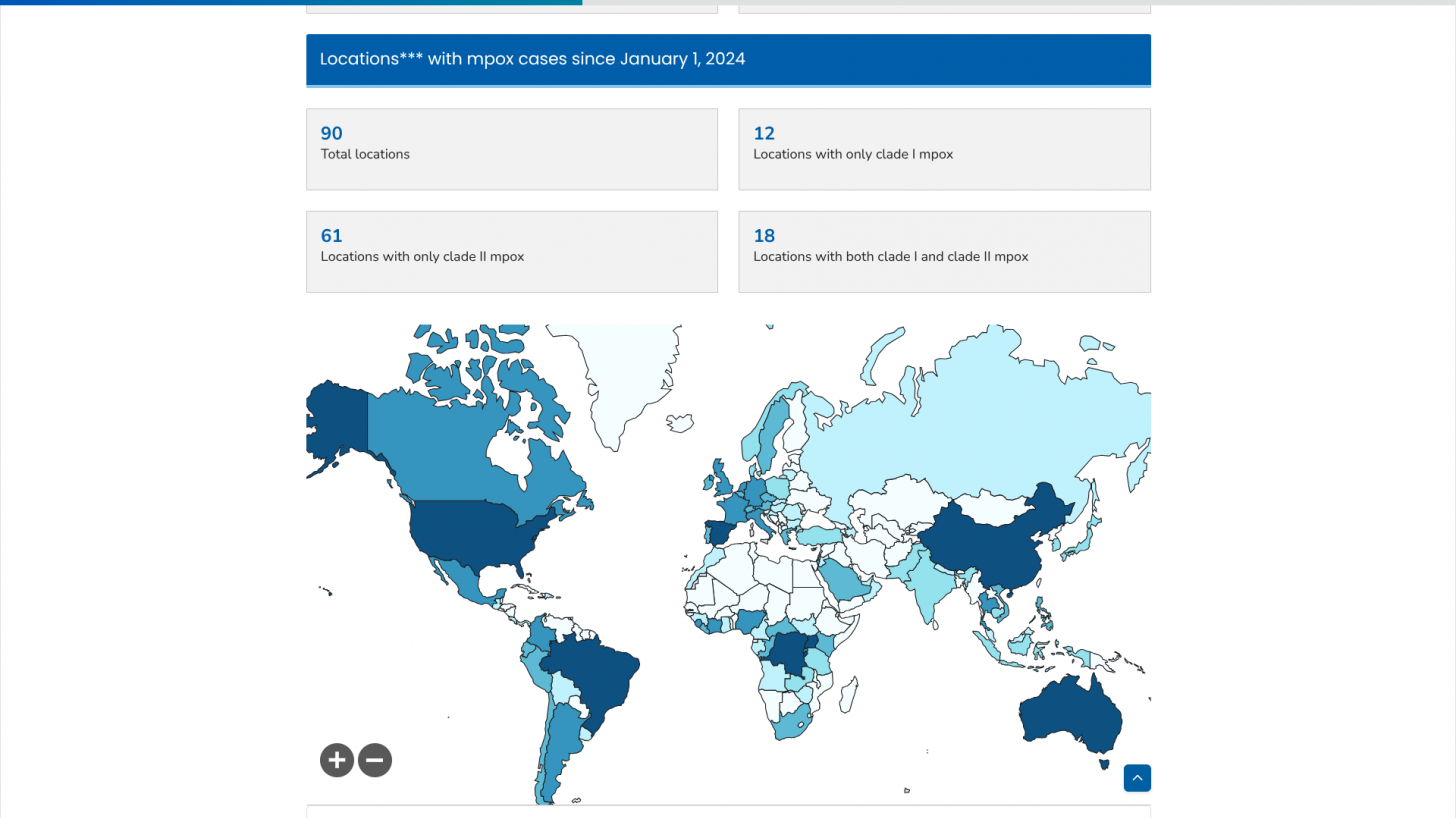
In recent years, the world has experienced a rise in new and deadly infectious diseases, posing a significant threat to global health.
The global mpox outbreak that began in the Canary Islands in May 2022 is a stark reminder of our natural vulnerability to new viruses.
While some of these viruses are new and relatively unknown, others, such as the monkeypox virus (MPXV), have been present since the 1970s but have primarily been endemic to some areas of central Africa, mainly impacting adults.
However, a newly identified MPVX variant is more infectious than previous strains and has heightened concerns worldwide.
According to the U.S. Centers for Disease Control and Prevention (CDC), on April 30, 2025, children have historically gotten mpox in endemic areas in Western and Central Africa. In the recent outbreak, the high number of children with mpox reported likely reflects MPXV spreading within households.
The CDC wrote, 'Based on what we know right now, if clade I mpox were introduced by this route, we assess that the likelihood of infection for children for clade I mpox through household transmission and direct contact would be very low.
We do not expect transmission via household transmission or direct, non-sexual contact in the United States to reach levels observed in Africa, nor affect children to the same degree.
Our assessment is based on modeling results, a smaller proportion of children in the U.S. population (18% under 15 years of age in the United States compared to 46% in DRC), smaller average U.S. household size, generally increased access to improved sanitation and healthcare in the United States, and the lack of the virus that causes mpox circulating in animals in the United States.
CDC modeling suggests that direct contact transmission within and between households is unlikely, including spread between children at daycares and schools.
These CDC modeling results are based on clade Ia transmission dynamics. They may be revised as new data become available on the more recently discovered clade Ib and its transmission dynamics.
Mpox infection can be severe in children, and the vast majority of U.S. children have no immunity to mpox. Very few children in the U.S. have acquired immunity from either previous infection with the virus that causes mpox or vaccination with mpox or smallpox vaccines.
The CDC says both types of MPXV (clade I and clade II) spread the same way and can be prevented using the same method, vaccination.
This situation emphasizes the urgent need for the broad availability of effective and safe vaccines, even for children.
Children and adolescents with close contact to people with suspected, probable, or confirmed mpox may be eligible for post-exposure prophylaxis with vaccination, immune globulin, or antiviral medication.
Additionally, the CDC says adolescents at risk for mpox may receive the JYNNEOS vaccination before an exposure.
As of May 11, 2025, the CDC recommends the Bavarian Nordic JYNNEOS® vaccine for various people in the U.S., including clinical considerations for adolescents and children.
Our Trust Standards: Medical Advisory Committee


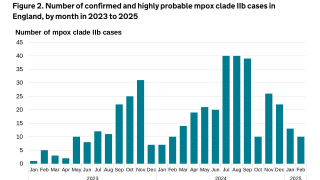
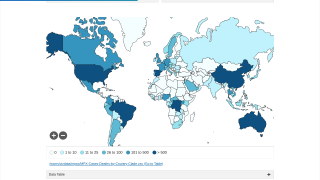


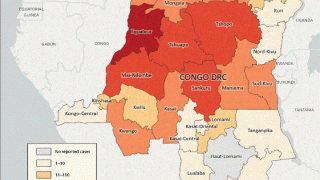

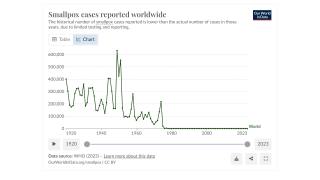
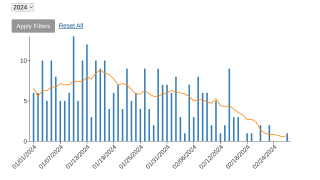

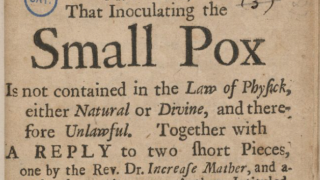
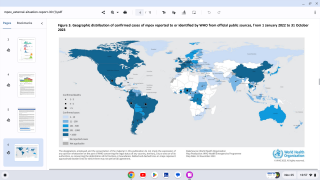
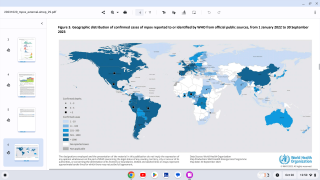


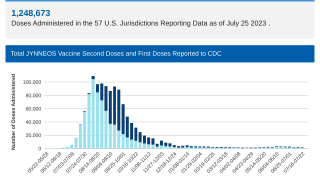
.jpg)
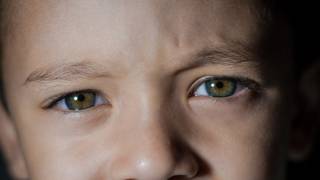


.jpg)